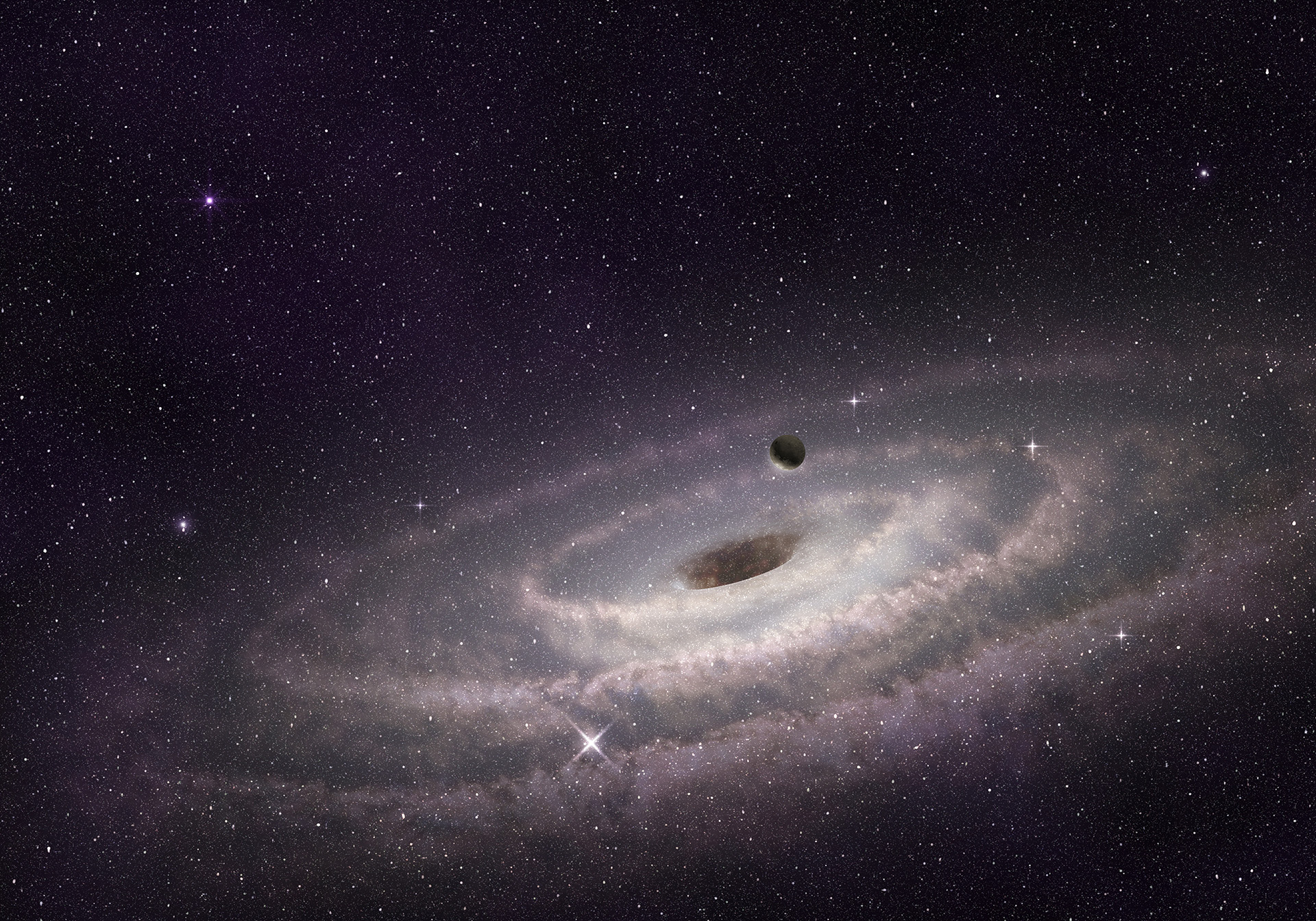The idea that dark energy is driving the expansion of the universe was first proposed in the late 1990s. However, no scientists have ever been able to point toward a definitive source for the creation of that dark energy. Now, two recently published papers claim that black holes may be the source of dark energy that is driving the cosmos to expand, but many are skeptical.
Not to be confused with dark matter, dark energy is the name that scientists gave the invisible force that drives our universe’s expansion. Dark matter, on the other hand, is believed to act as mass within galaxies. Both forces are invisible and (as of yet) not completely identified. That could change soon, though.
These new claims come from an international group of scientists that have published two papers on the matter. The papers were published in The Astrophysical Journal and The Astrophysical Journal Letters, and they say that the source of dark energy could be properly verified if black holes continue to grow as the universe expands.

The correlation between the growth of the black holes and the universe’s ongoing expansion is tied to where the dark energy is stored when it is created. Previously many believed that dark energy was spread out across the cosmos, driving the growth of our universe. However, these new papers claim that the black holes themselves may also be housing the dark energy within the source.
But how exactly do black holes create dark energy? That’s a very good question, and one that the scientists attempted to answer in their papers. According to these new studies, dark energy is created whenever a star collapses and dies. It’s these deaths, then, that fuel the source of dark energy and help to push more expansion into the universe.
Of course, not everyone agrees with these new findings. As noted by The Guardian, astronomers like Duncan Farrah are skeptical of the claims, stating that there are several “counterarguments and facts” that scientists need to understand if the claim is going to survive very long. But, if it does survive, we could be closer to finding a definitive dark energy source.
With James Webb and other space telescopes working to open new doors of understanding about the universe, this development could simply be the next in a long line of new ways to think about how the cosmos work.








